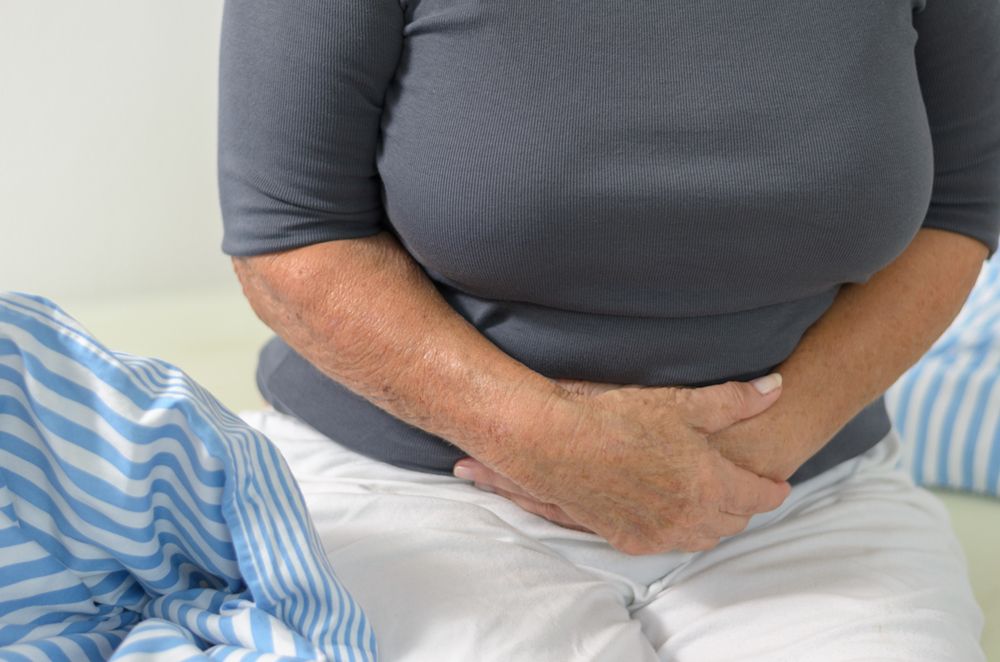Why Gastric Bypass Surgery Patients Experience Increased Gas
 Gastric bypass surgery for weight loss comes with many benefits, making it a great option for people struggling with obesity and morbid obesity. It is a serious surgical procedure, with a post-op recovery process that requires dedication from patients at Tijuana Bariatrics.
Gastric bypass surgery for weight loss comes with many benefits, making it a great option for people struggling with obesity and morbid obesity. It is a serious surgical procedure, with a post-op recovery process that requires dedication from patients at Tijuana Bariatrics.
Following bariatric surgery, you may notice certain side effects. One of them is increased or particularly malodorous flatulence. Gas after gastric bypass surgery is completely normal and manageable. Our doctors serving the Tijuana, MX, and Monterrey, Mexico, area go over some of the basics.
Why Does Gastric Bypass Surgery Increase Gaseousness?
A gastric bypass surgery allows food and beverages to pass part of the small intestine. This is great for facilitating weight loss; your body absorbs fewer calories, so you lose weight more quickly. When that partially digested food reaches the lower intestines, the enzymes and bacteria in the gut causes more odorous gas.
Additional Factors That Contribute to Increased Gas
Other factors for increased gas production include swallowed air and the nature of your diet. Swallowed air happens when eating or drinking. This trapped air either escapes as a burp or flatulence.
Following bypass surgery, your diet will have restrictions on carbs and sugars. Your body is adjusting to the change, and extra gas is often the result. Changes in bowel movements also may occur. This is common for gastric bypass patients, so do not worry. After a few months to a year, your body will have likely adjusted.
How to Minimize Gas After Bypass Surgery
Thankfully, there are ways to keep flatulence under control. TijuanaBariatrics offers the following suggestions for those struggling with the increased bloating and gas.
Follow Your Doctor’s Diet Recommendations
This is highly important for a successful recovery. We understand that making dietary changes is a difficult process. Habits are incredibly hard to break, especially when it comes to carbs and sugars. Certain foods in your new diet like beans and dairy may cause flatulence as well.
Take Over-the-counter Medications
Some medications can relieve gas. Gas X, for example, is a strip placed on the tongue which uses simethicone to break up gas bubbles in your digestive tract. When eating food that causes gas, such as beans, take a medication like Beano to prevent gaseousness.
Eat and Drink Slowly
As we have mentioned, swallowed air can cause an increase in flatulence. Counter this by eating slowly and deliberately, taking time to chew well. Drinking quickly can easily trap a lot of air in your stomach, so be aware of this as well.
Use Odor Blocking Pads
Gastric bypass patients are often concerned with having gas while in public. It can be hard to predict and embarrassing when there is no way to excuse oneself from the immediate area. Using an odor blocking pad, like those made by Flat-D, allows you to live without fear of spontaneous gaseousness.
Keep a Food Journal
Noticing your dietary habits can play a big part in determining which foods cause gas. The longer you journal your meals and beverages, the easier it will be to find patterns and learn what affects your gaseousness the most.
Speak with Skilled Bariatric Surgeons
Do you have any more questions regarding gas after gastric bypass surgery? Our team would be happy to help you out. Send us a message to schedule an appointment today.




